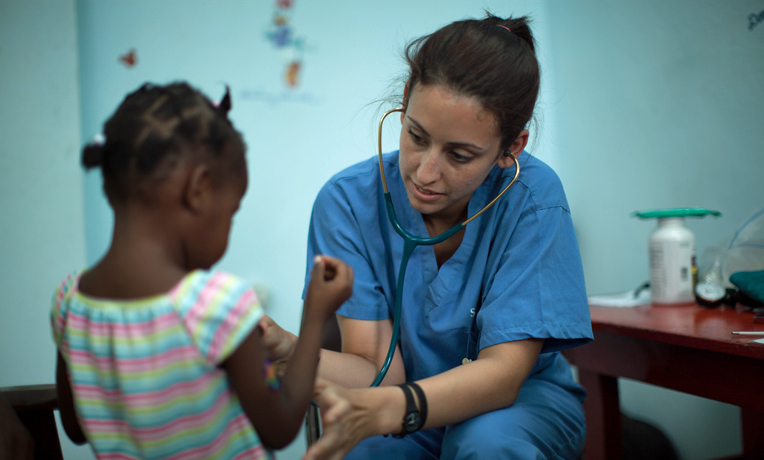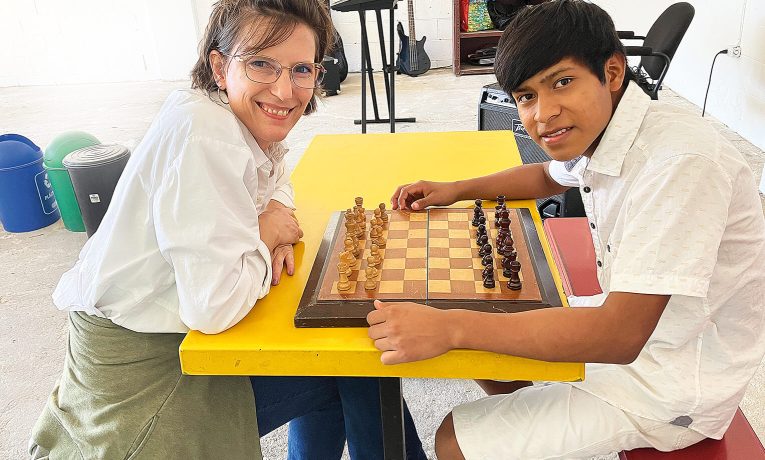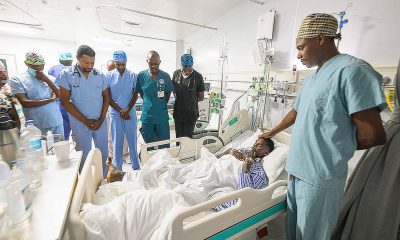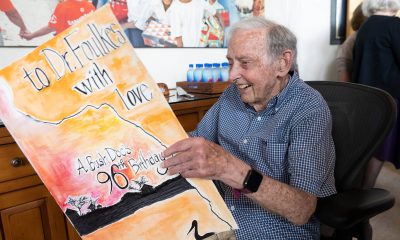A pediatrician embraces unexpected ministry opportunities while serving in El Salvador.
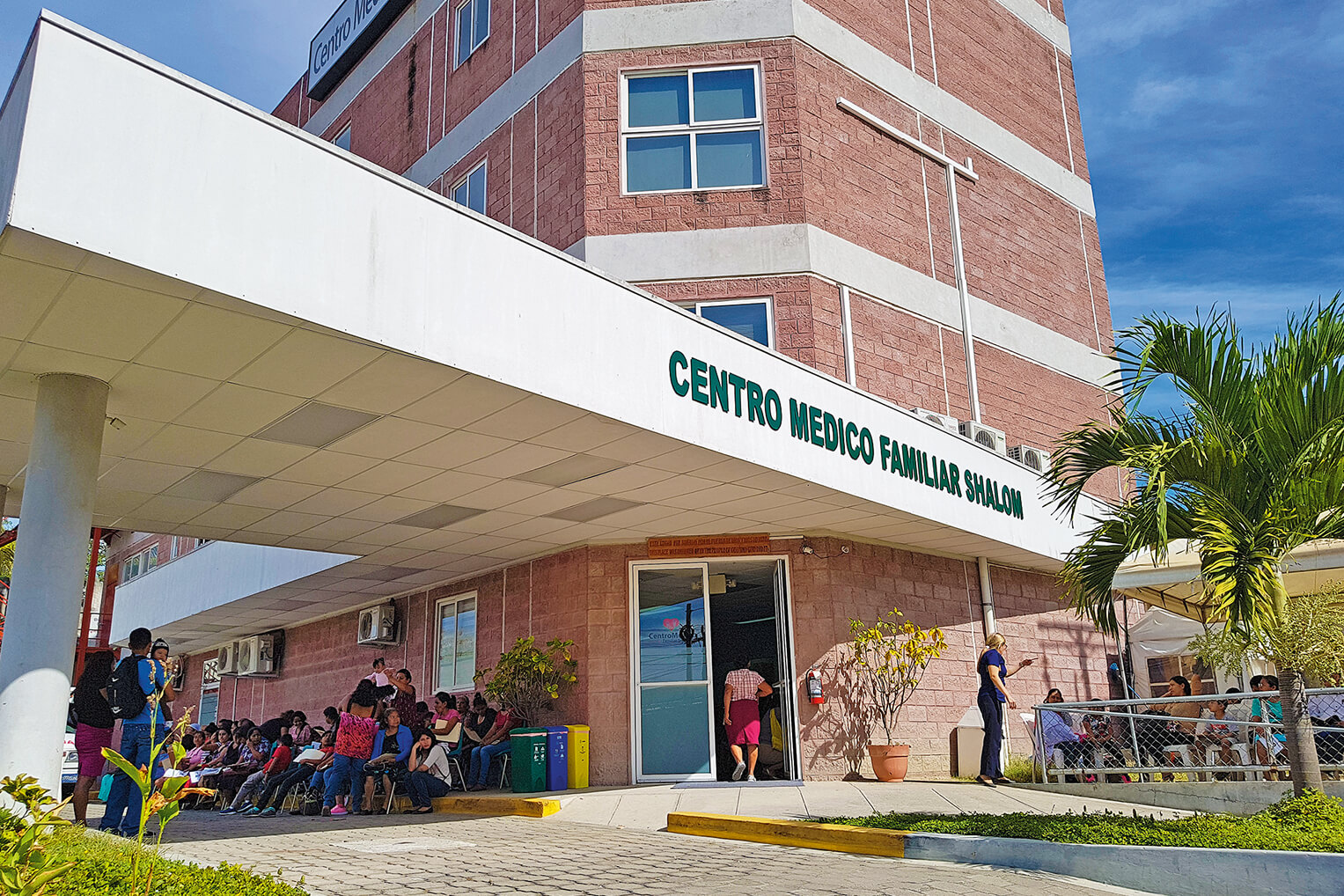
Dr. Moore served as a World Medical Mission pediatrician at one of our partner hospitals and at a nearby day clinic.
But she never imagined God would transform her interests in chess and knitting into ministry opportunities.
Dr. Moore’s November trip with World Medical Mission was her first overseas missions excursion in decades. Her last trip was to the Caribbean with her church youth group—when she was around the age her two teenage daughters are now.
“I talked to my girls about it, and we prayed for months about me doing sort of a test run,” she said.
After contacting World Medical Mission for a place to serve “that was not in a war zone,” Moore learned that Shalom Family Medical Center needed a pediatrician to fill in for a doctor going on leave.
“This was probably the easiest introduction to missionary medicine someone could have,” she said. “I formed a lot of bonds and it was hard to leave.”
“I formed a lot of bonds and it was hard to leave.”
Moore served for two weeks at the day clinic, located in the town of Santiago Texacuangos, about 10 miles outside of El Salvador’s capital city.
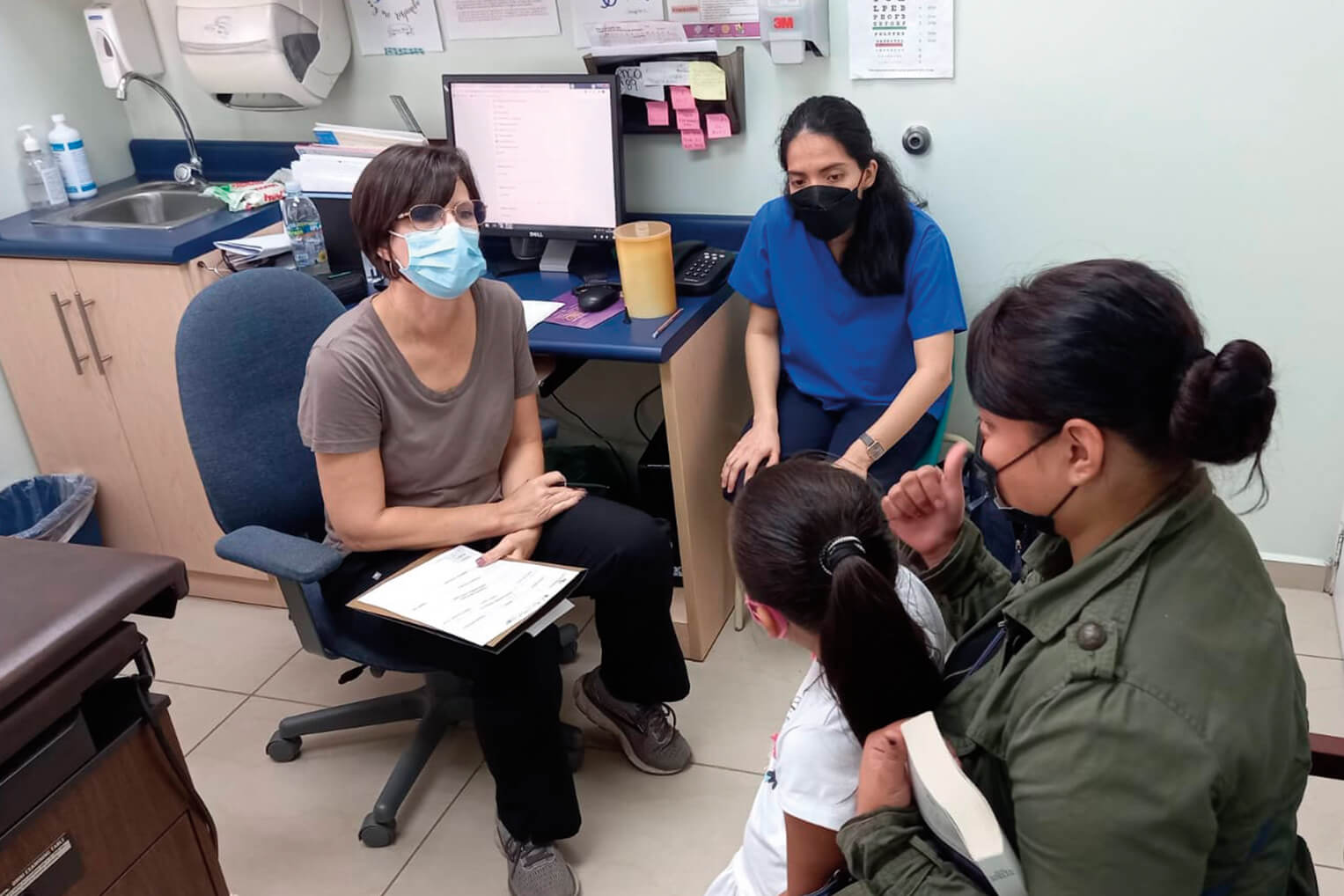
Her work as a pediatrician in the states translated well to her work with World Medical Mission.
Other than treating children with intestinal parasites, the bulk of her work involved wellness exams and was very comparable to outpatient medicine in the United States. One exception was the sometimes long line of patients, who stood without complaint for two or more hours until their turn came to be seen by the clinic’s physicians.
Lodging and most of her meals were provided in the nearby Shalom House, a residential compound for about 30 children ranging from toddlers to age 18. When Moore’s day at the clinic wrapped up, she headed there to hang out with the kids.
She first met Diego* during a tour of the grounds. He was engrossed in a chess match with another teen.
“Oh, I play chess. We will have to play sometime,” she offered.
Play they did. Five marathon matches that week, and Diego beat her in four of them.
With a smile on her face she recalls, “It was humiliating. I thought I was a good chess player. He was very good.”
She was gracious in defeat, as the time spent getting to know Diego and the other children was where she experienced the greatest joy.
Moore also befriended a 17-year-old girl and taught her to knit. Lucia* was delighted with her artistic creation—a water bottle holder made out of cloth. Due to language challenges, their interaction unintentionally became a bit entertaining.
The physician says she is conversant in medical Spanish, as some of the patients at her home practice in Georgia are native Spanish speakers. However, the sewing jargon for “stitches” and “needles” is translated a bit differently from what is found in a medical lexicon. She resorted to an internet dictionary on her cell phone for assistance.
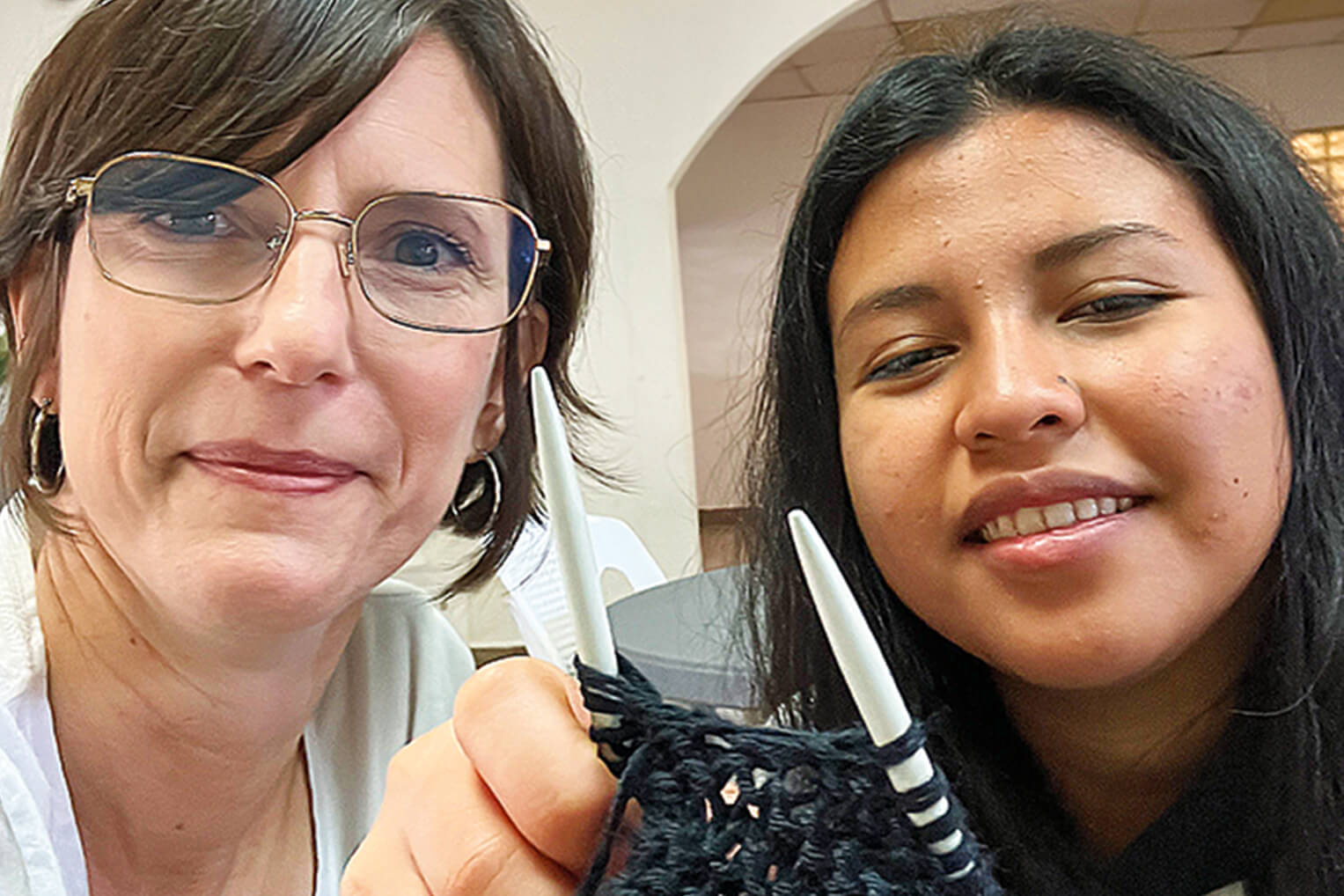
Dr. Moore found great joy in meeting new patients and connecting with them for the purposes of sharing the Gospel of Jesus Christ.
“The kids knew some rudimentary English. I had to use resources to try and communicate with them in Spanish. They were patient with me, and I think it was a little comedic at times for them,” she said.
What impressed the physician most, however, was the way the youth shared the love of Christ with people in adjacent neighborhoods. Every Wednesday evening they prepare a dinner for needy families in a local community center. On the day Moore went with them, the meal was beans, rice, and boiled eggs.
“Seeing the kids bring the meal to the community, it was very reminiscent of the story in the Bible of the widow’s mite,” she said. “These kids don’t have hardly anything, and yet they are giving off what they have to others. It was very powerful.”
“These kids don’t have hardly anything, and yet they are giving of what they have to others. It was very powerful.”
Upon her return home, the physician connected with someone in her Georgia church who has a business in El Salvador. They are exploring options to help the children in the orphanage with eventual job placement and college funding. As time permits, she would like to continue serving on short-term mission trips to Latin America and beyond.
“It was very freeing to be able to merge my faith with medicine,” said Moore. “Just feeling like all of my training and education was able to be used by God was lovely. It was the first time I felt like a true healer.”
For now, she plans to brush up on conversational Spanish—and definitely improve her chess game.
*name changed
